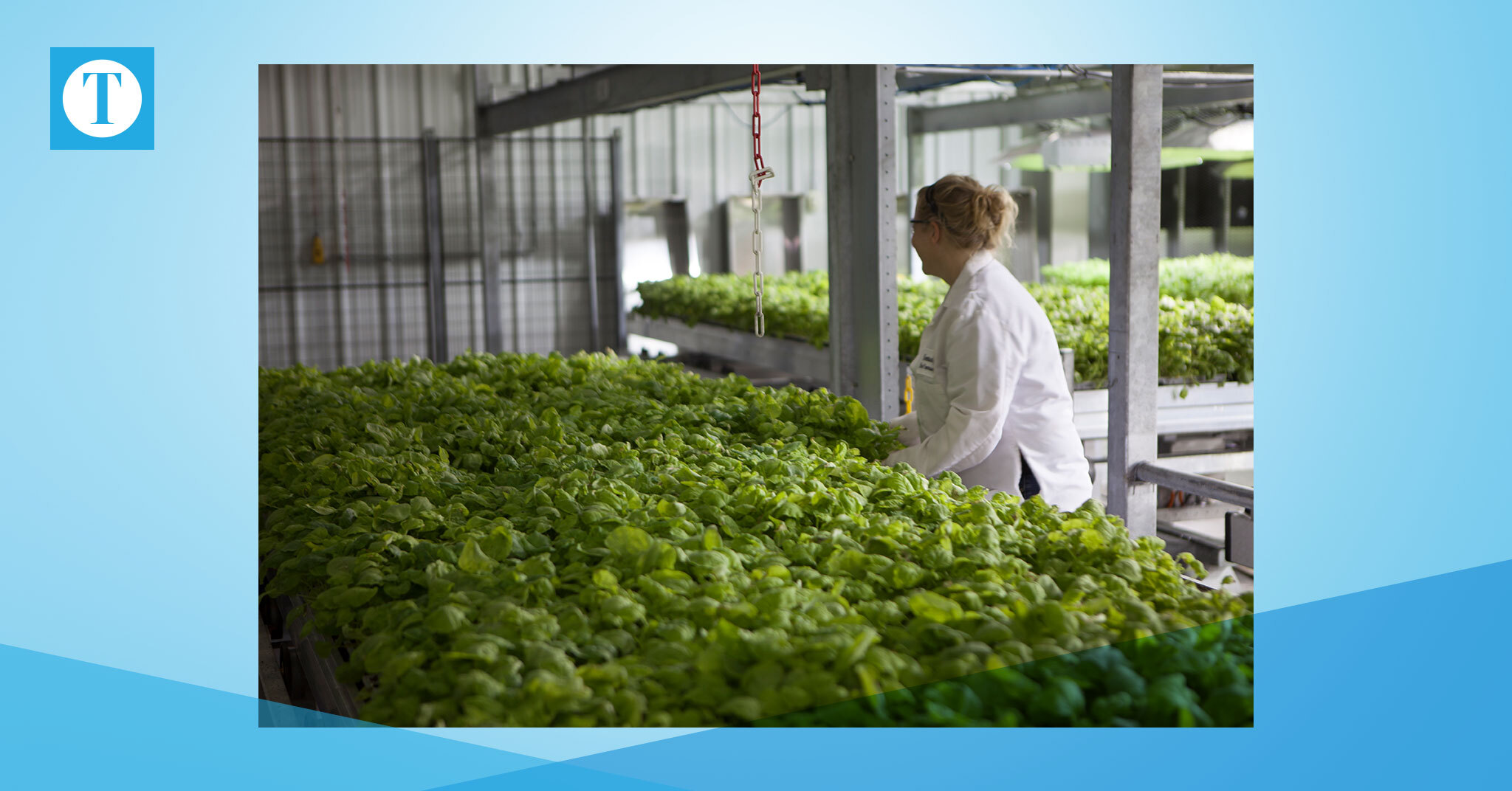Owensboro’s Kentucky BioProcessing is taking its potential coronavirus vaccine to the next level. Recently, the company announced that with its implementation of fast-growing tobacco plant technology, animal testing has now begun with the vaccine candidate.
If testing goes well, between one and three million doses of the vaccine could be manufactured per week, starting in June.
According to London-based British American Tobacco, the method being used by KBP — the company’s U.S. biotech subsidiary — has several advantages over conventional vaccine production.
According to BAT, KBP’s potential vaccine is safer because tobacco plants can’t host pathogens, which can cause human disease.
The company also said using tobacco plant technology means elements of the vaccine accumulate faster, and the formulation developed by KBP remains stable at room temperature. Conventional vaccines take longer for elements to accumulate and often require refrigeration.
The vaccine in development also has the potential to deliver an effective immune response in a single dose, the company said.
According to Barry Bratcher, chief operating officer at KBP, the pace has been “quite fast” and is very similar to the company’s response to the 2014 Ebola outbreak.
“While it is challenging to respond to a global pandemic quickly when the global community has limited information about its transmission and treatment, it is also very rewarding to utilize our technology to potentially make a difference on such an important, pressing issue,” Bratcher said.
David O’Reilly, director of scientific research for BAT, said the company is currently engaged with the U.S. Food and Drug Administration to discuss the next steps for the potential vaccine.
O’Reilly said recent studies on the developing vaccine have made an enormous impact on moving forward, calling the most recent developments a breakthrough.
That breakthrough involves KBP’s animal testing component, which Bratcher said has received a positive preliminary response so far.
“If pre-clinical data continues positively, we are hopeful that we may receive FDA guidance to initiate human clinical trials with our vaccine candidate,” he said. “Vaccine development involves complex and time-intensive research and partnerships, and we are optimistic regarding the next steps.”
In the case of developing a potential COVID-19 vaccine, KBP recently cloned a portion of COVID-19’s genetic sequence, which led to the development of a potential antigen — a substance that includes an immune response in the body and, in particular, the production of antibodies.
This antigen was inserted into tobacco plants for reproduction, and once the plants were harvested, the antigen was then purified, and is now undergoing preclinical testing.
Bratcher described Owensboro — where he resides — as a city with a lot to offer, both culturally and economically.
“We are hopeful that our long-term work on tobacco research continues to highlight Owensboro — and Kentucky’s — contributions in the biotech field,” he said.
—–
Click here for all of our coronavirus coverage.
The Owensboro Health coronavirus hotline is available 24/7 by calling 877-888-6647. Call the hotline before seeking in-person care. More information from OH can be found here.
For the latest information and data on COVID-19 in Kentucky visit kycovid19.ky.gov or dial the Kentucky state hotline at 800-722-5725.
For the latest health guidelines and resources from the CDC, visit their website here.



